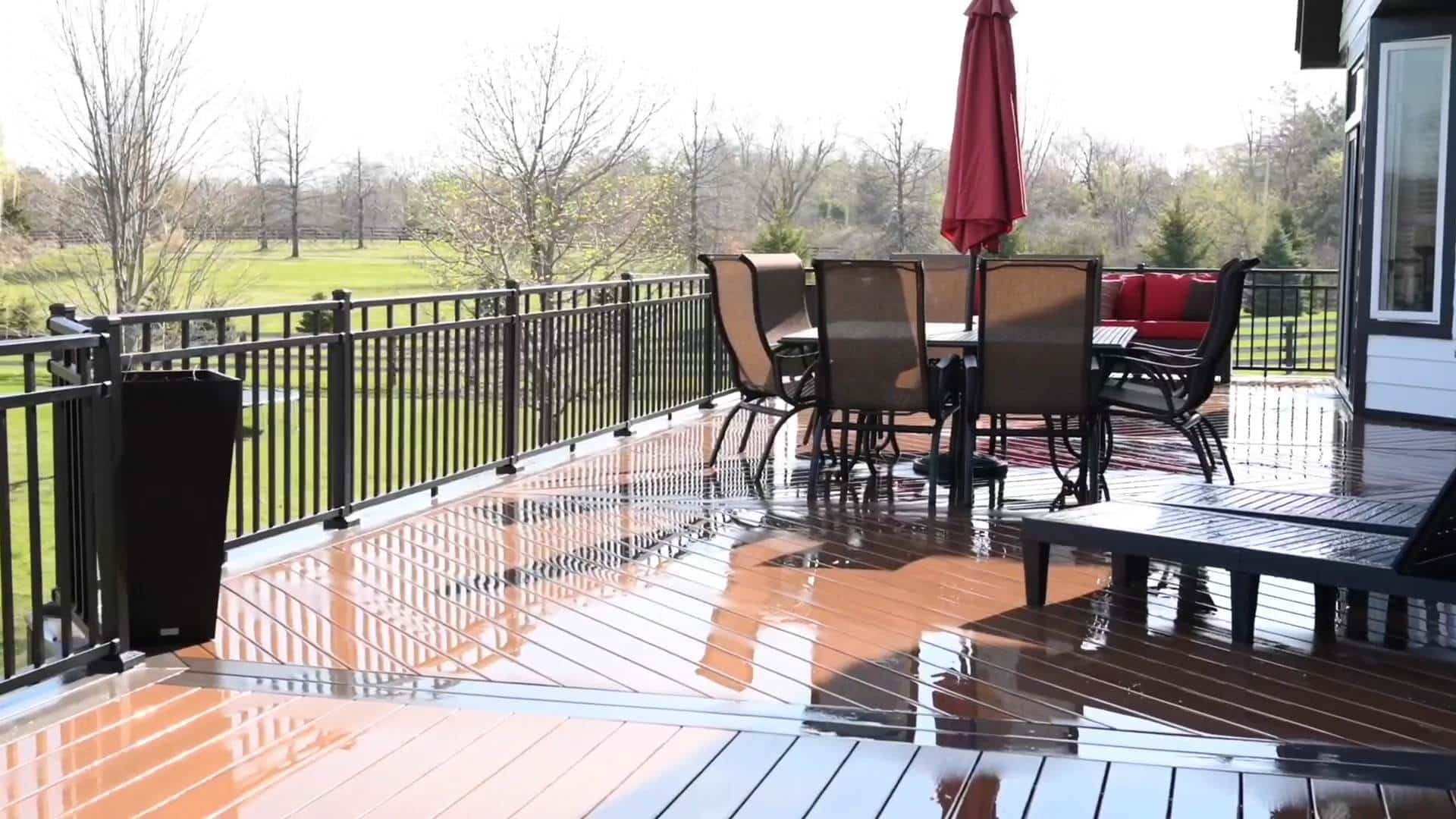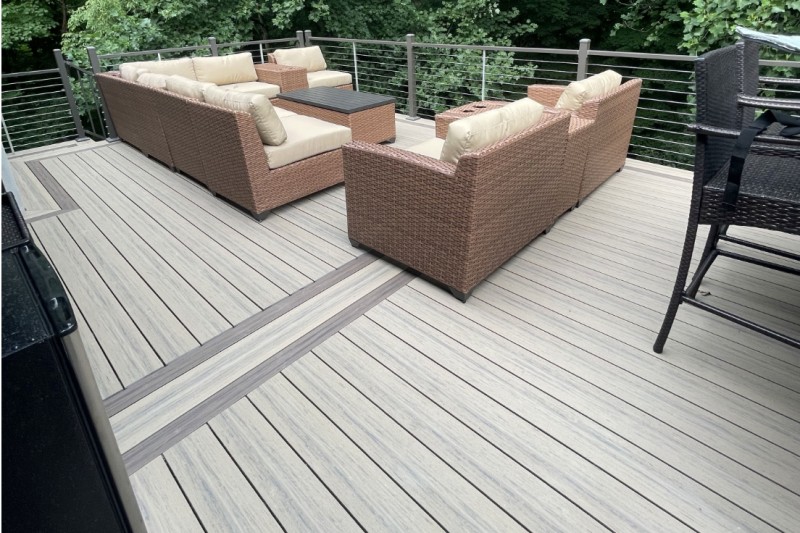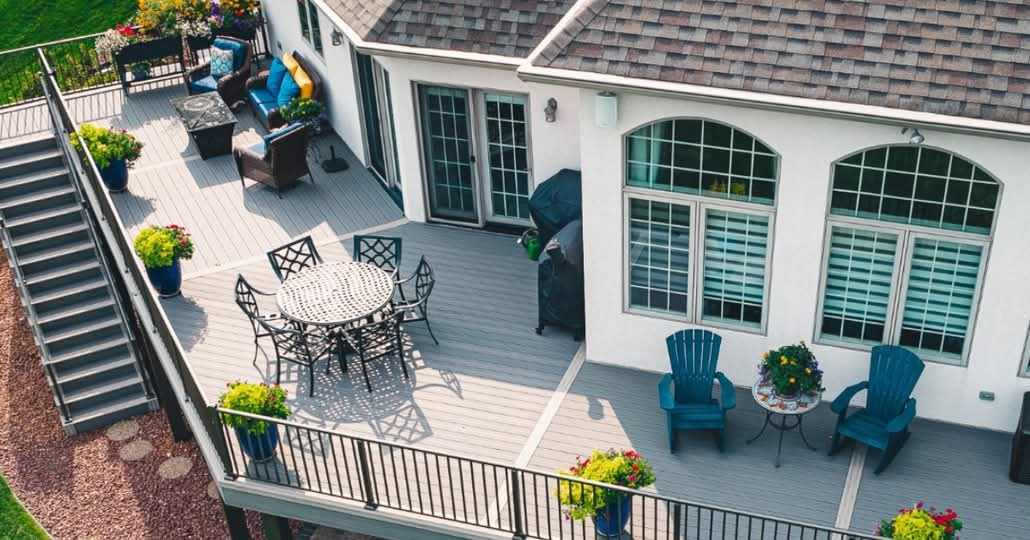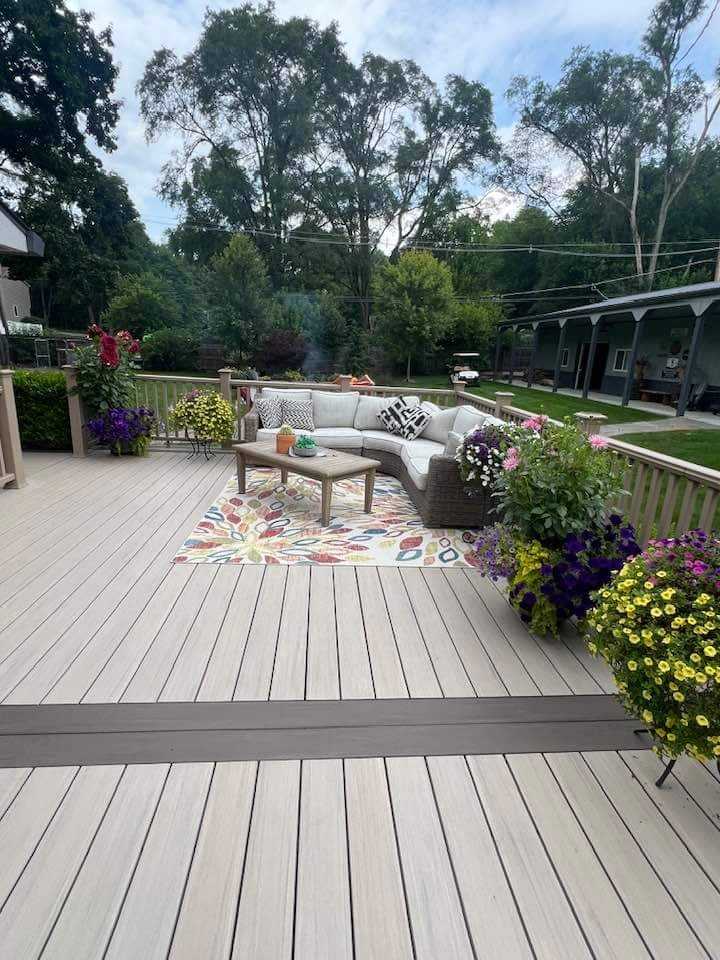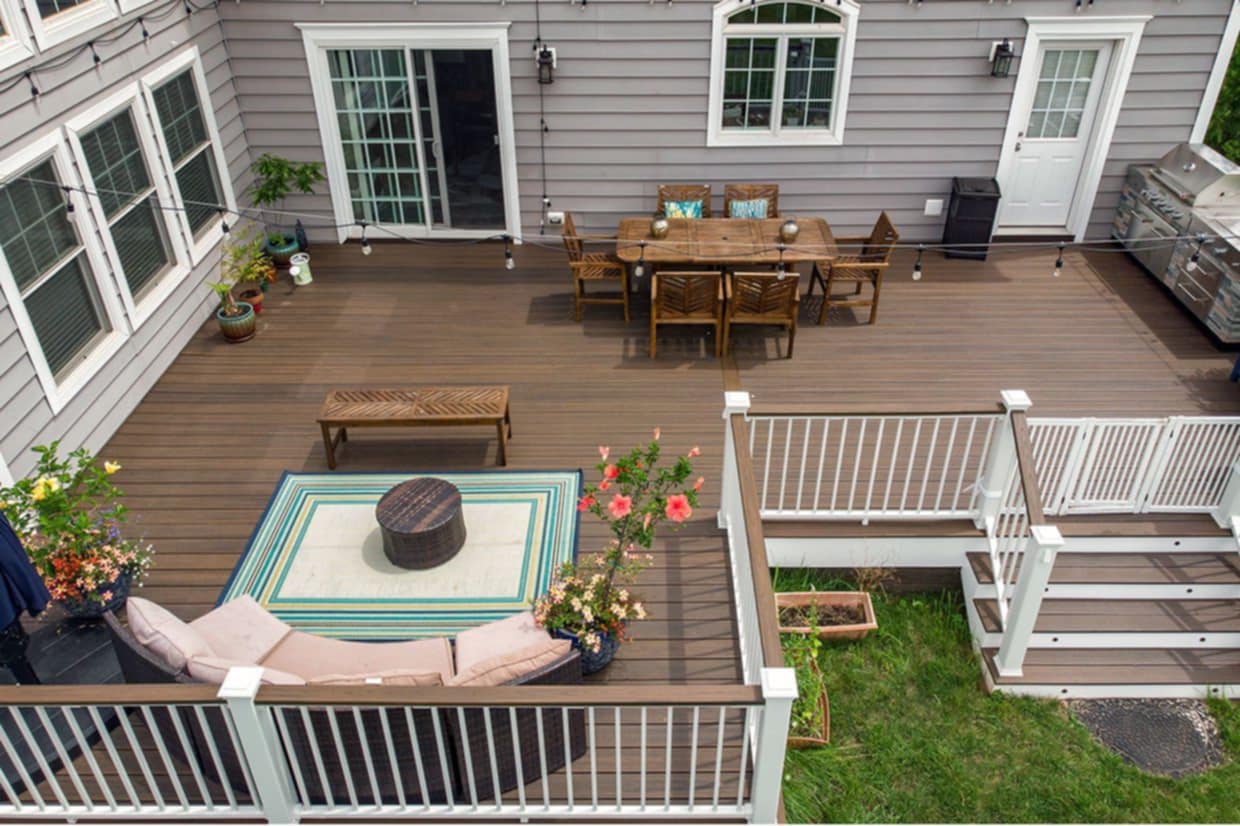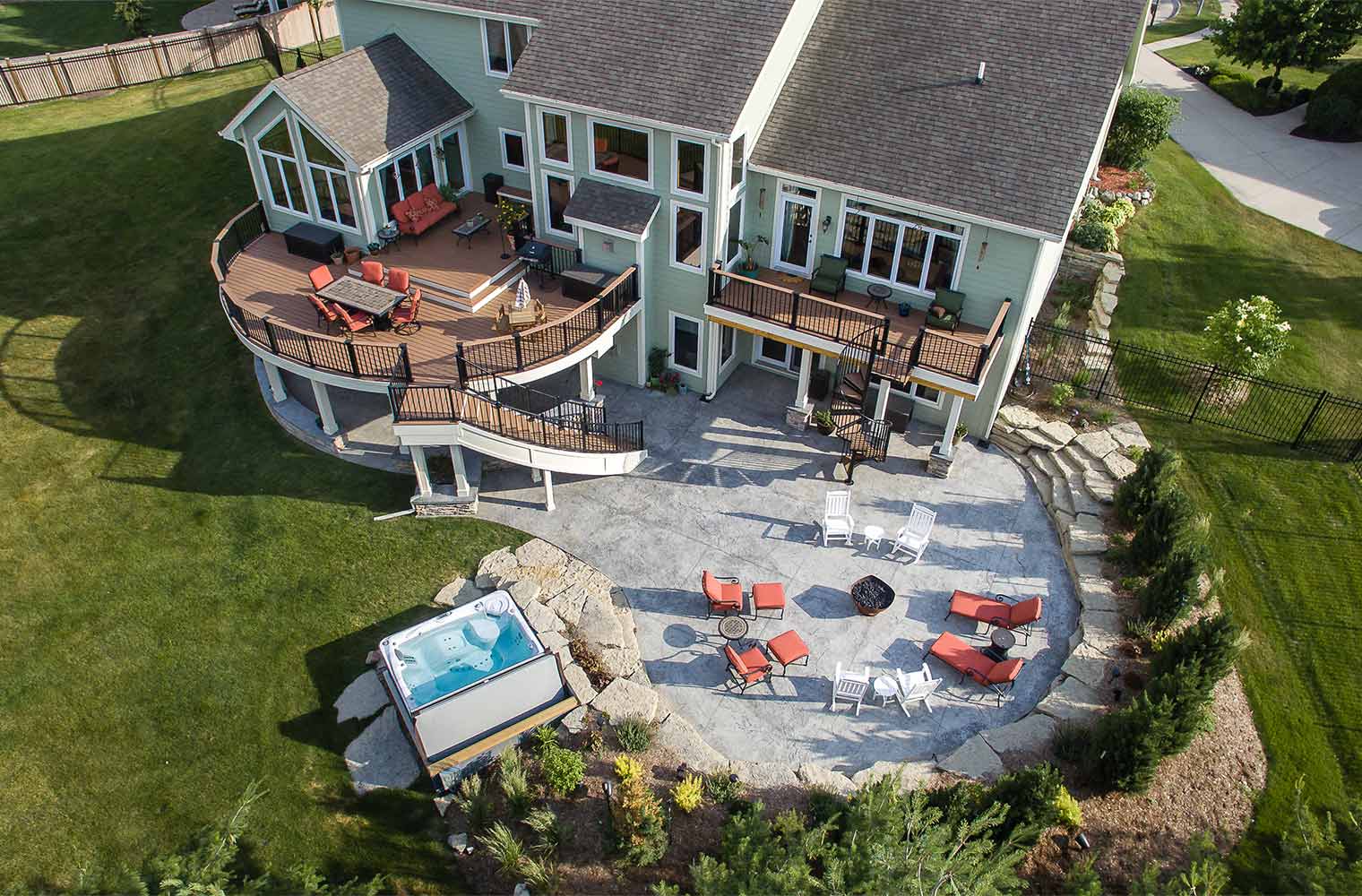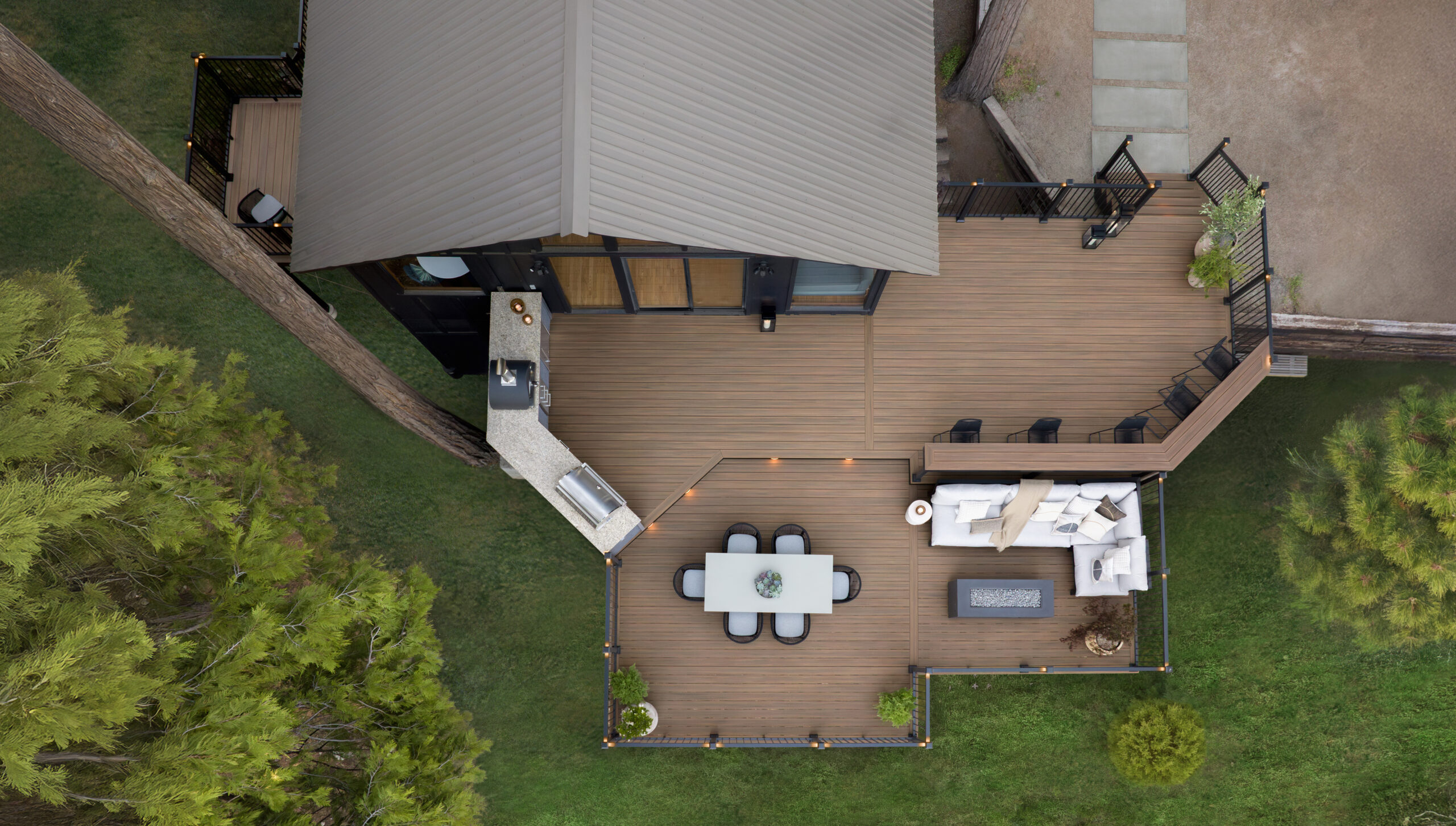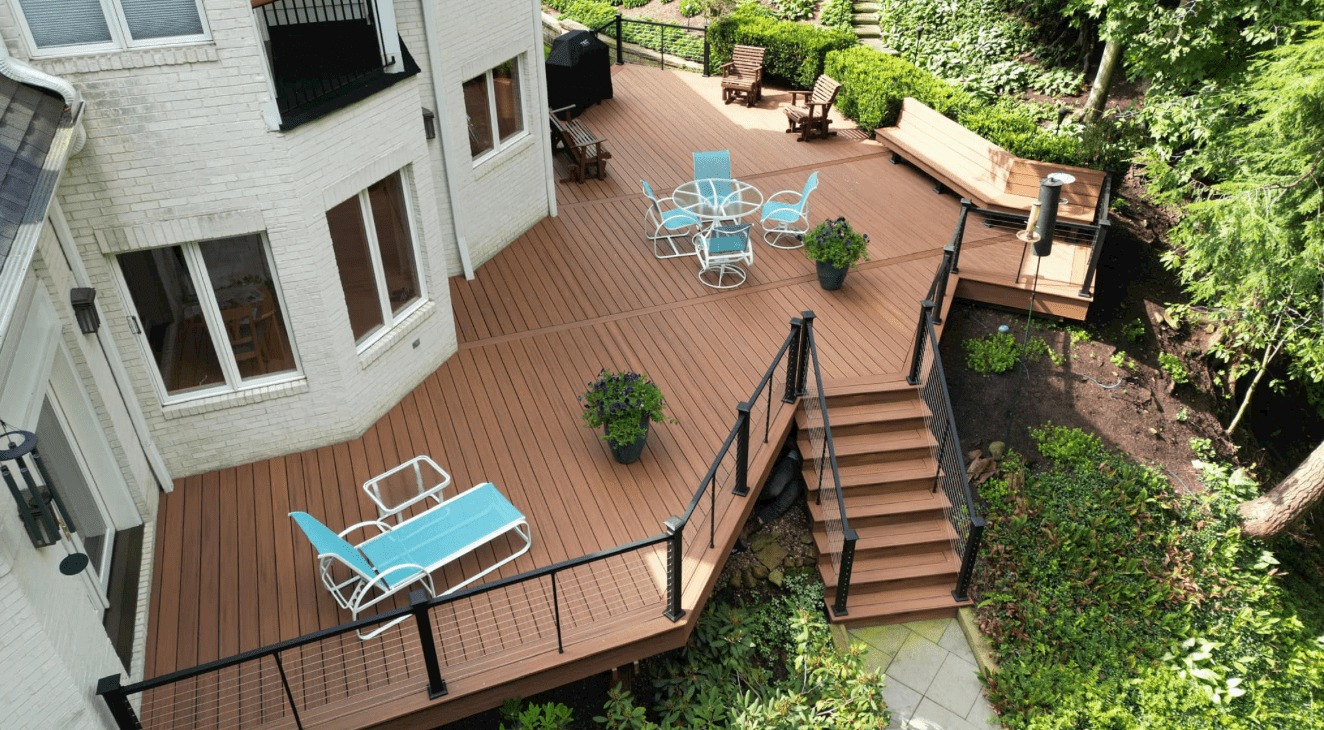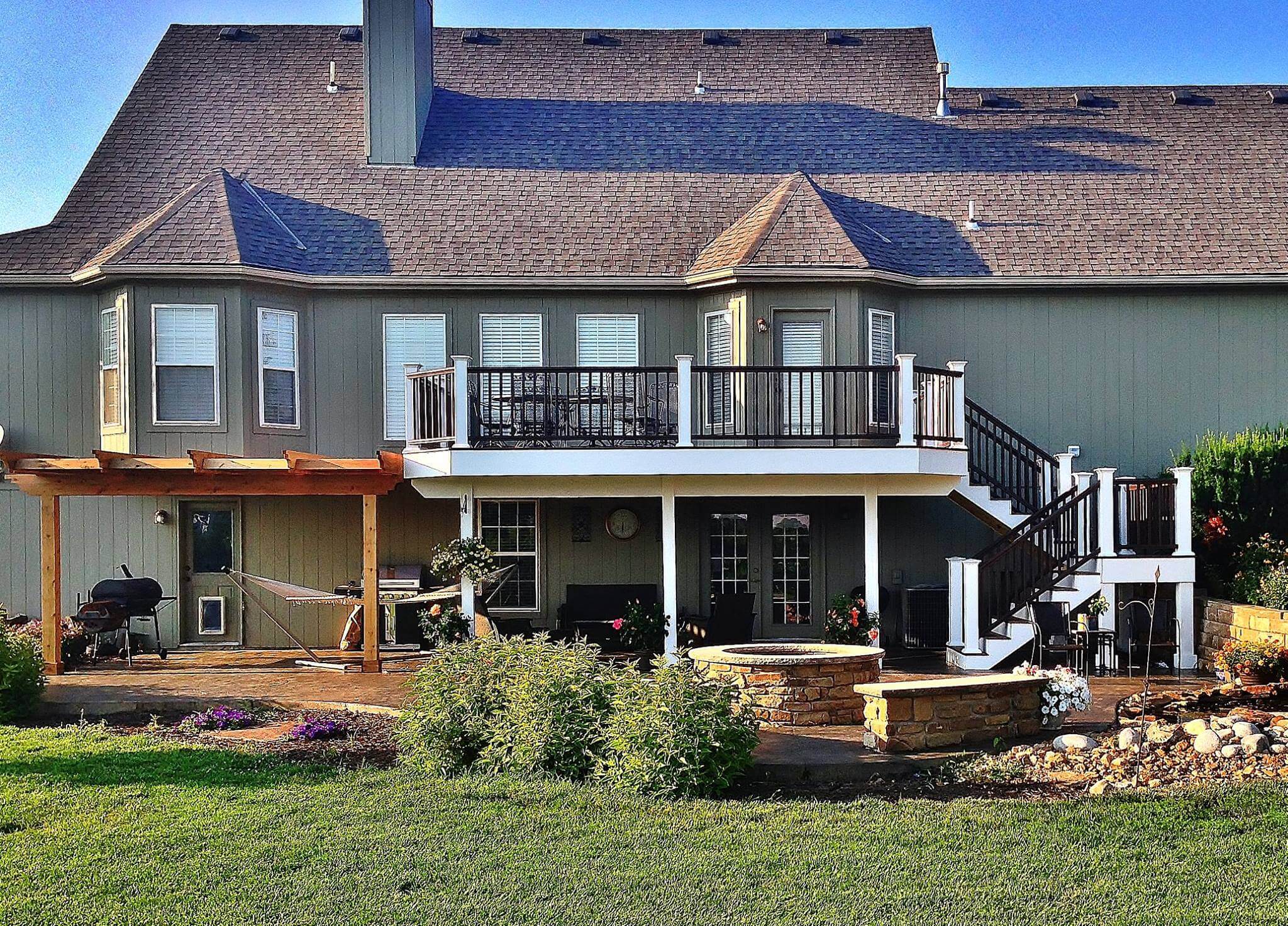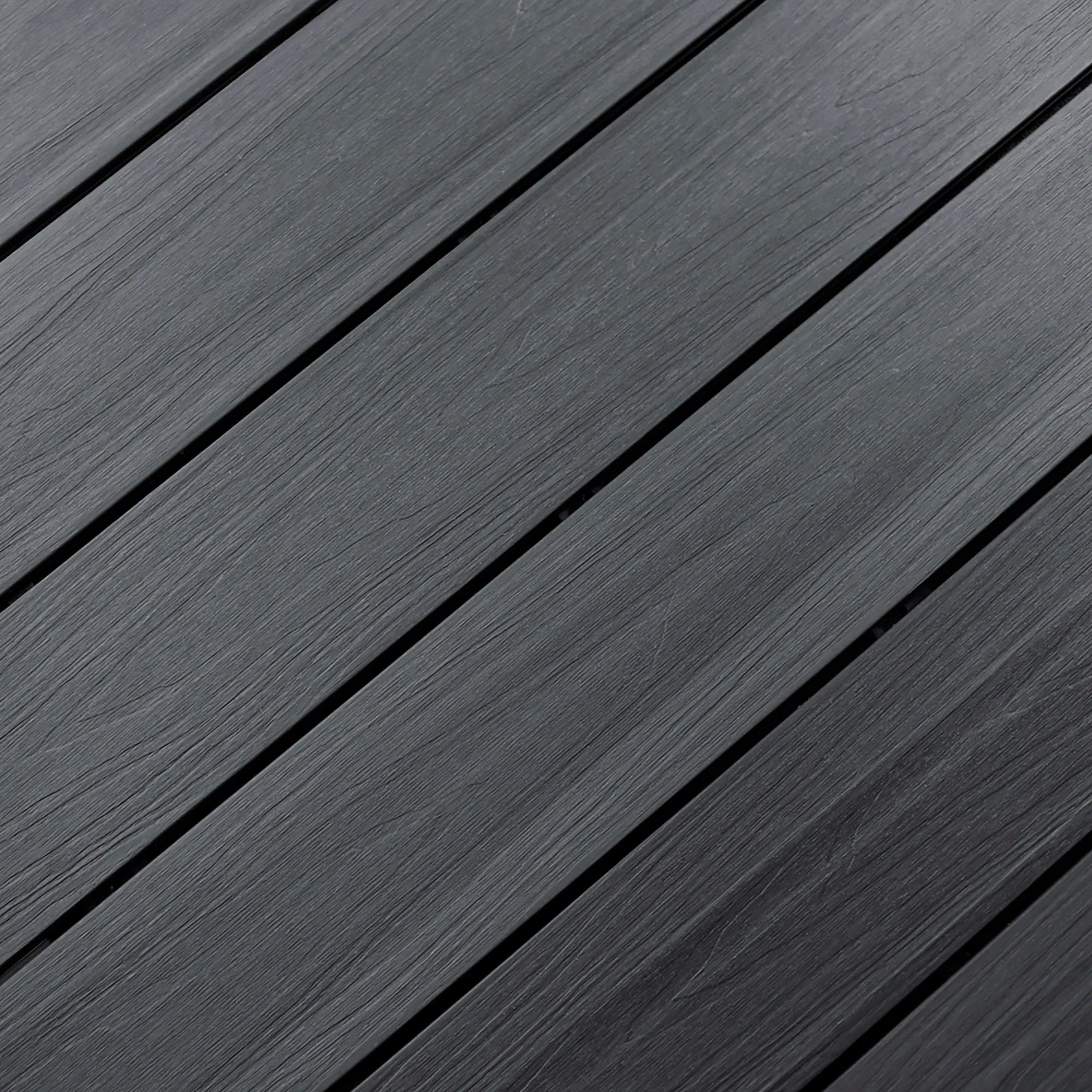Investing in a New Deck: Balancing Short Term with Long Term Benefits
Homeownership often comes with a range of decisions and considerations. One such decision is whether to invest in home improvement projects like building a new deck. Some homeowners may hesitate to allocate funds towards constructing a deck, especially if they do not plan on staying in their current home for an extended period. However, it is essential to evaluate the potential benefits and drawbacks of such an investment. While the upfront cost may seem daunting, a well-designed deck can provide both immediate and long-term advantages, enhancing the quality of life and adding value to the property. In this blog, we will explore the various factors that homeowners should take into account when deciding whether to invest in a deck, even if they do not anticipate living in the home for an extended period.
Enjoyment and Lifestyle
Regardless of the length of stay, one of the main reasons to think about investing in a deck is the increased lifestyle and immediate enjoyment it may bring. It expands into a flexible space for entertainment, relaxation, and recreation, allowing homeowners to spend quality time with friends and family while taking in the natural beauty of the surroundings.
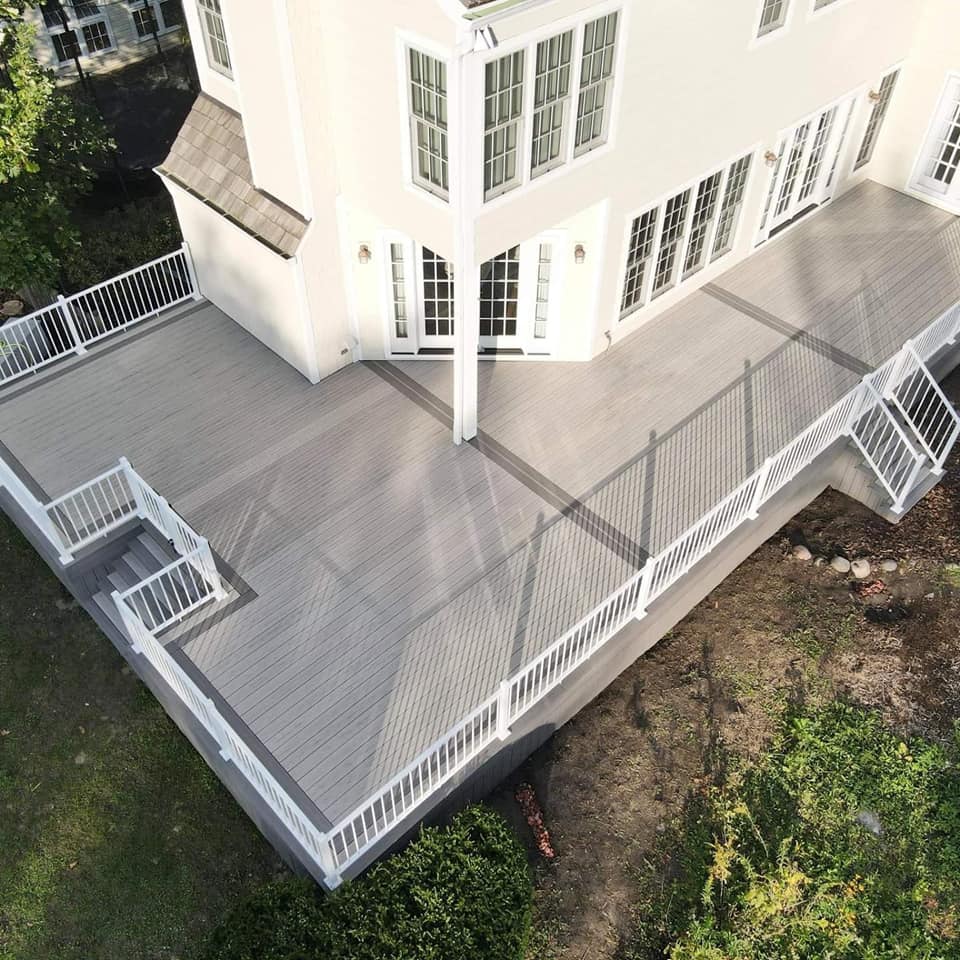
By investing in a deck, homeowners can create a designated space for activities such as barbecues, parties, and gatherings. It can also act as a peaceful haven for personal time, providing an escape from life’s daily stresses. The ability to step outside and soak up fresh air, bask in natural sunlight, and appreciate the surrounding environment can significantly improve overall well-being and mental health. Therefore, even if the stay is relatively short-term, the immediate benefits derived from a deck can make the investment worthwhile.
Enhanced Property Value and Market Appeal
Another crucial aspect to consider when contemplating the construction of a deck is the impact it can have on the property’s value and market appeal. While the initial cost may deter some homeowners, a well-designed deck can add aesthetic appeal and increase the overall worth of the property.
Decks are highly desirable features for potential buyers, as they offer an inviting outdoor space and expand the usable square footage of the home. Even if the current homeowner doesn’t plan on staying long, the investment in a deck can attract prospective buyers, potentially reducing the time the property spends on the market. This increased market appeal can lead to a higher selling price, recouping a significant portion or all of the initial investment.
Furthermore, depending on the location and market trends, homeowners may experience a higher return on investment (ROI) when selling a property with a deck. Real estate studies have consistently shown that outdoor living spaces, including decks, have a positive impact on property value. While ROI can vary based on market conditions, a well-maintained deck can provide a favorable return, making it a wise investment decision in both the short and long term.
Budget Considerations and Material Selection
When deciding on the construction of a deck, homeowners should carefully assess their budget and the available financial resources. It is essential to strike a balance between the desired outcome and the financial feasibility, especially if the stay is expected to be relatively short.
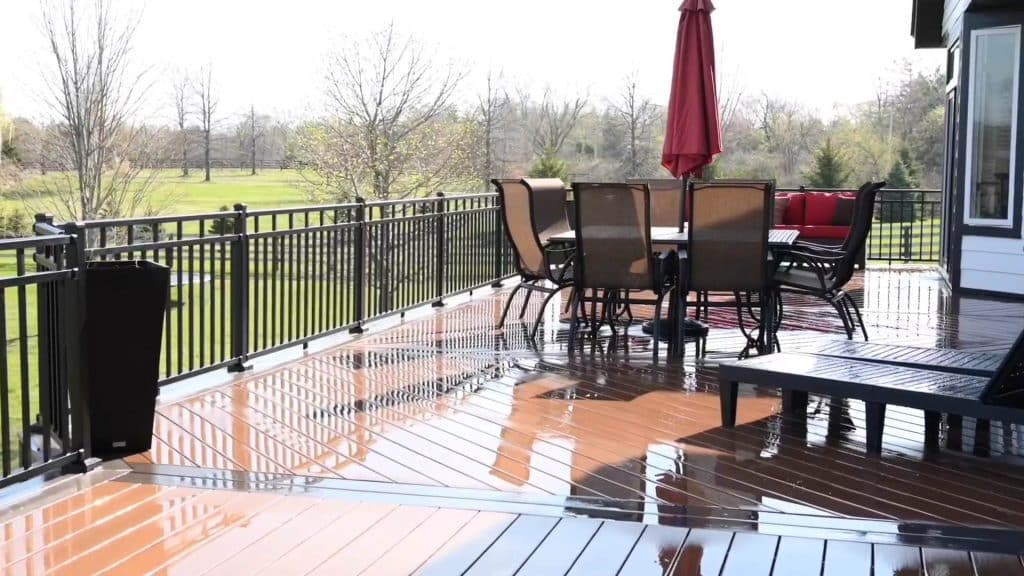
Homeowners should explore different material options for the deck construction. While natural wood may be the traditional choice, it requires regular maintenance and may not be the most cost-effective option in the long run. Alternatively, composite decking materials, such as recycled plastics and wood fibers, offer durability, low maintenance requirements, and a longer lifespan. Although the upfront cost may be higher for composite materials, they can prove to be a cost-effective choice when considering the long-term savings on maintenance and replacement. Future buyers and homeowners will be drawn my low maintenance and a pristine looking outdoor living space. Consulting with professionals can help homeowners optimize their budget and make informed decisions regarding the deck construction.
Conclusion
While it is understandable that homeowners may hesitate to invest in a deck when they do not plan on staying in their current property for an extended period, it is important to evaluate the potential benefits. Beyond the immediate enjoyment and enhanced lifestyle, a deck can significantly contribute to the overall value and market appeal of the property. By carefully considering budget constraints and material selection, homeowners can strike a balance between short-term financial considerations and long-term benefits. Ultimately, investing in a deck, even for a shorter stay, can provide a worthwhile return on investment while improving the quality of life during the homeowner’s tenure.
https://www.google.com/maps?cid=2300364325239903716


